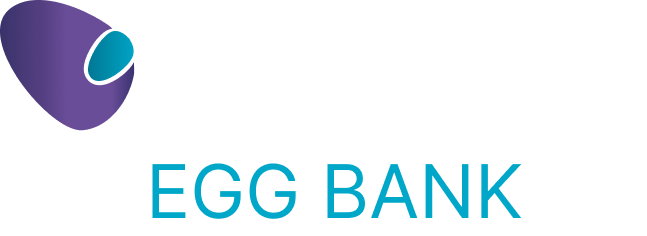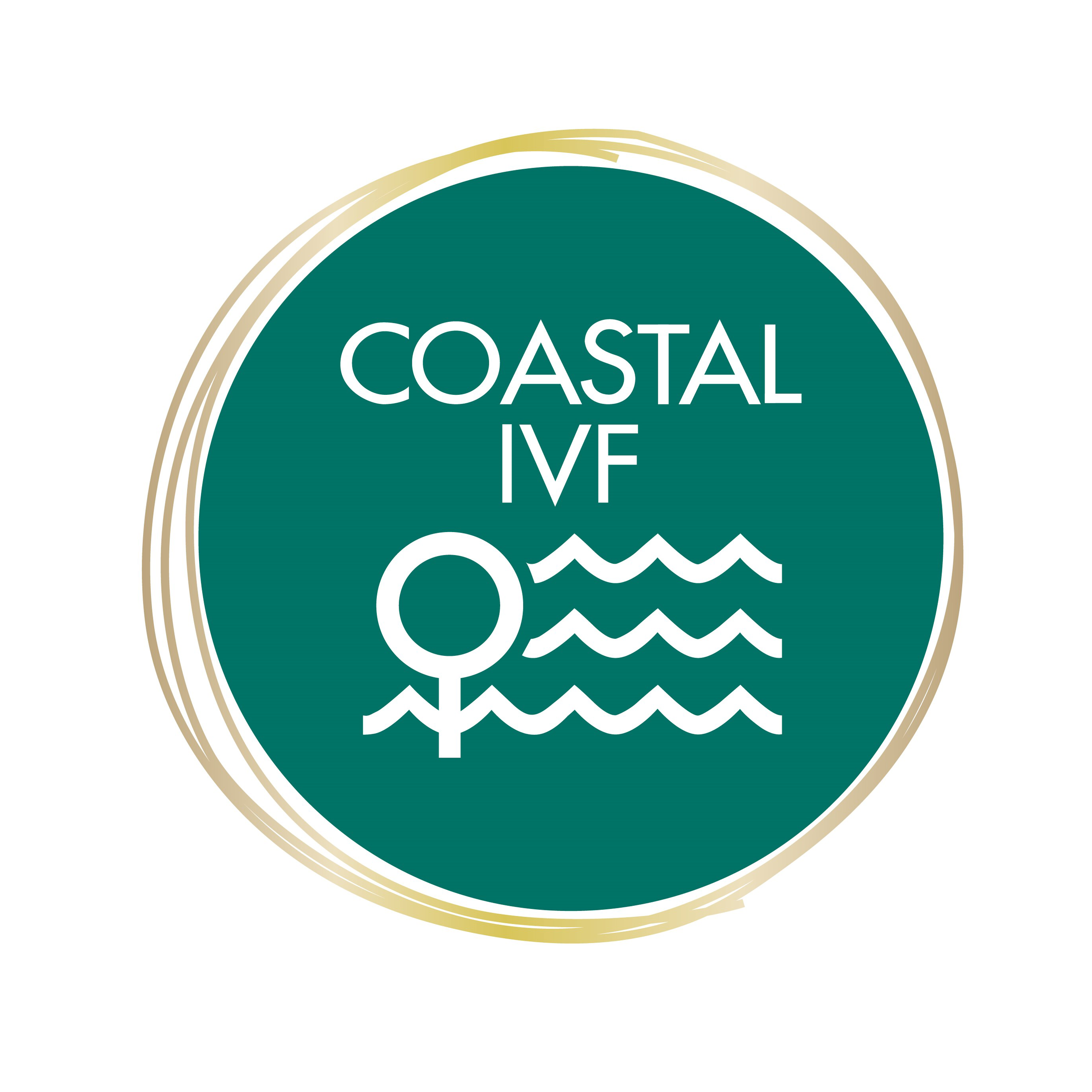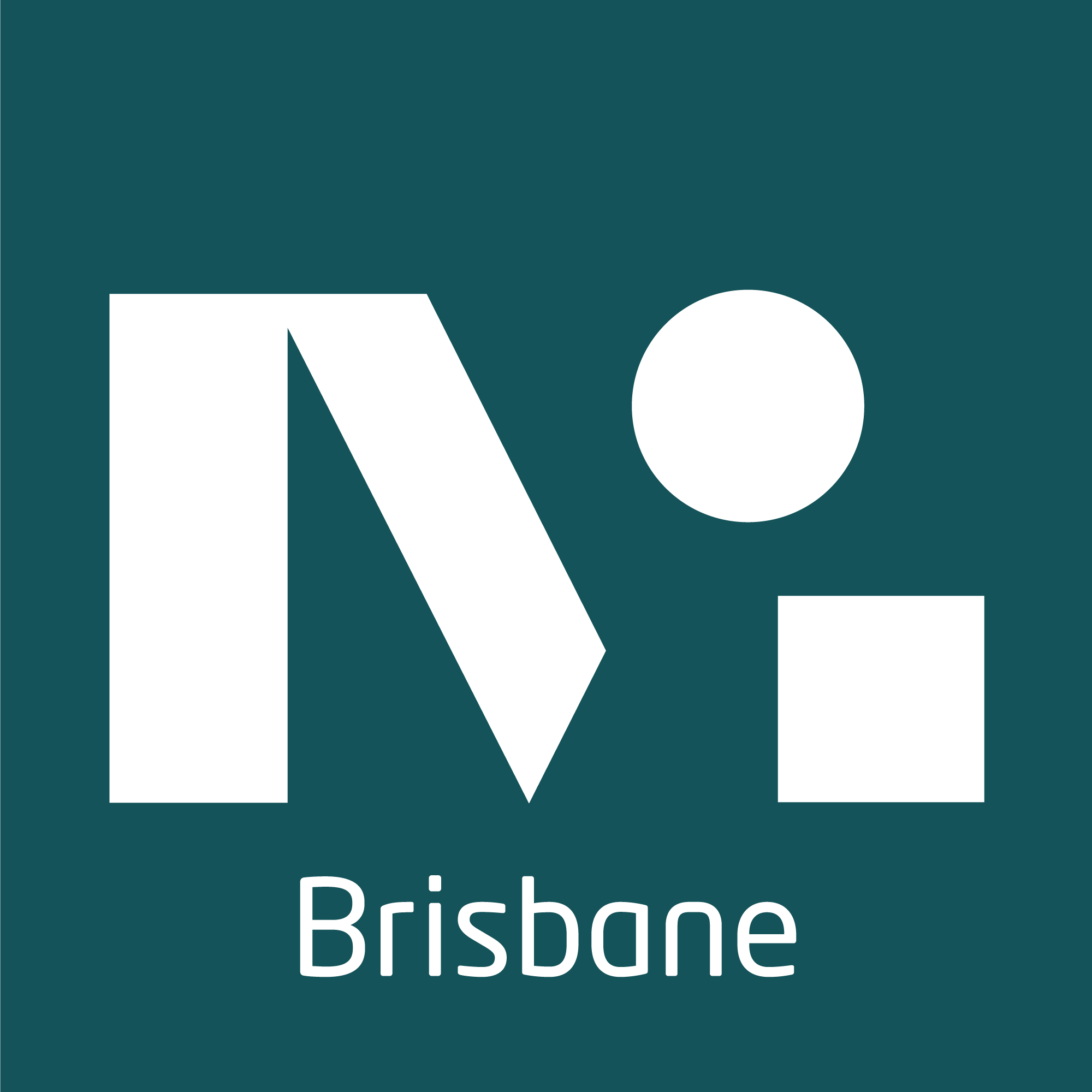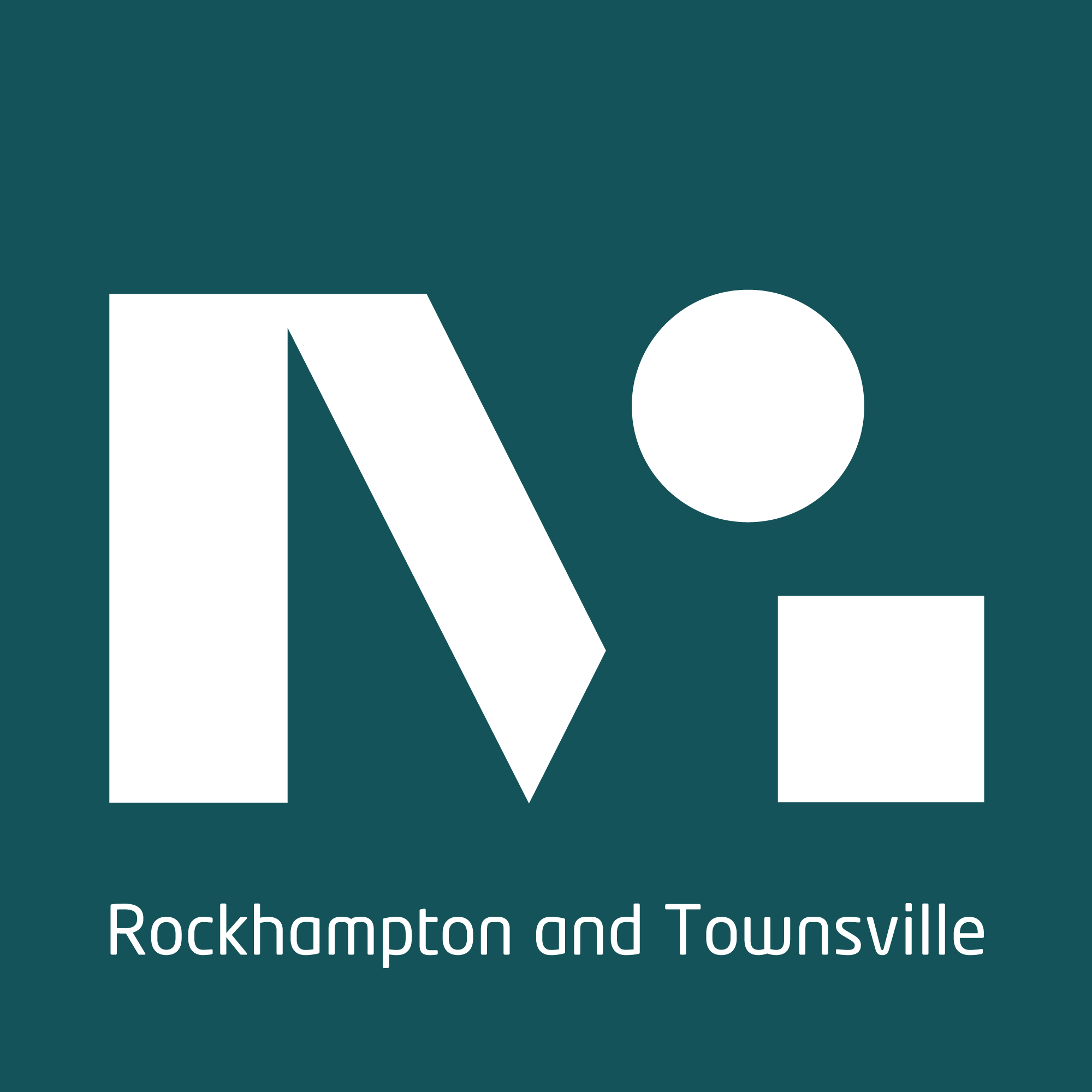Using donor eggs can evoke a myriad of emotions. It’s a deeply personal path often filled with hope, resilience, and moments of uncertainty.
Central Egg Bank understands the emotional rollercoaster that comes with fertility treatments, especially when using donor eggs. This blog provides insights, support, and practical tips to help you navigate the emotional challenges that may arise on your journey to parenthood.
Why do people use donor eggs?
Many women face challenges conceiving with their own eggs due to medical conditions, genetic concerns, or unsuccessful attempts with IVF.
However, age is one of the most common reasons women need to use donor eggs. As women enter their early 30s, fertility gradually declines, accelerating after age 35. By age 40, the likelihood of conceiving in each monthly cycle drops to approximately 5%.
Individuals who choose to use donor eggs include:
- Women with no ovaries or ovarian insufficiency due to ovarian failure.
- Women experiencing premature menopause.
- Women with fertility issues resulting from medical treatments like chemotherapy.
- Women who have undergone multiple unsuccessful IVF attempts due to poor egg quality.
- Same-sex couples seeking to start or expand their families.
Common concerns about using donor eggs
What if I don’t bond with my baby?
It’s natural to question the emotional connection you’ll have with your donor egg baby. However, many women who have given birth to children using an egg donor cherish them as their own.
The bond between parent and child goes beyond genetics and is formed through love and care. It’s important to remember that your child is yours, even if conceived using donor eggs.
How will I feel about not being genetically related to my baby?
Using donor eggs does not diminish your role as the child’s biological mother. The child is yours, and you will experience the joys of pregnancy, childbirth, and motherhood.
Resembling someone often comes down to facial expressions and mannerisms just as much as facial features. Studies have shown that non-genetically related children can mirror physical cues, facial expressions, emotional responses, and speech patterns from their parents. So, even if you’re not genetically related to your child, they might end up laughing or speaking just like you do.
It’s completely normal to grieve the loss of a genetic connection, but this can be part of the journey to parenthood. Counselling can help you work through these feelings and find peace.
What if my family rejects my child?
Whilst rare, some families may struggle with the idea of you using donor eggs. It’s essential to take your time and decide when – or if – to share this information. Seek support from your fertility clinic and counsellor, who can offer guidance on approaching your loved ones with this news.
How to manage emotional challenges using donor eggs
Acknowledge your grief
It’s important to recognise and acknowledge your emotions. This may include feelings of grief, which can accumulate over time due to the losses associated with infertility.
You may also feel the loss of hope, time, financial resources, control, physical health, spiritual beliefs, and the genetic connection to a child. Validating these emotions is the first step toward healing.
Understand the complexity of grief
Infertility grief can be complicated and encompass multiple losses. It’s natural to experience emotions such as shame, depression, or anxiety as part of this process. Recognise that these feelings are a normal reaction to a challenging situation and that seeking support to navigate them is okay.
Get professional support
Don’t hesitate to reach out for professional help. A counsellor experienced in infertility and grief can guide you through the grieving process, provide coping strategies, and offer a safe space to express your emotions.
Allow yourself to feel the grief
Give yourself permission to grieve and to feel the full range of emotions that come with it. Whether it’s anger, guilt, sadness, or resentment, allowing yourself to experience these feelings is essential for healing.
It may feel like navigating waves of emotion with ups and downs, but with time and support, you can learn to manage these emotions.
Take the opportunity to grow
Grief often provides opportunities for growth and transformation. While navigating your grief, consider the potential for new hope, insight, and a renewed vision for your future.
Create a new dream
While grieving may lead you through a dark time, it can also bring about personal growth and positive change.
Your journey through grief can lead to newfound strengths. Finding meaning in your infertility experience through community volunteering, helping others, or personal growth can bring joy and fulfilment back into your life.
Support groups and resources for those using donor eggs
Counselling
ANZICA – Fertility Society Australia & New Zealand
ANZICA members include clinical psychologists, psychologists, and social workers who are experienced in helping people cope with fertility treatment.
Better Access Initiative
The Better Access initiative supports those with diagnosed mental health conditions, including anxiety and depression. Eligible people can receive up to 10 individual and 10 group allied mental health services per year.
Support groups
Donor Conceived Australia (DCA)
An online and in-person support group that offers guidance, education, and advocacy for donor-conceived adults.
Australian Solo Mothers by Choice support group
Online Facebook and in-person support group for Australian women in any stage of their ‘Solo Mum by Choice’ journey. This group provides a supportive environment for sharing knowledge and experiences.
Donor Egg Parents’ support group
Online Facebook support group for parents and parents-to-be of children conceived using donor eggs. This group offers a space to connect and share experiences. Those considering using donor eggs are also welcome to join.
Resources
Healthtalk Australia – Experiences of infertility & fertility treatment
A series of short films about 25 Australian women and gender-diverse people who openly discuss their experiences of infertility and fertility treatment.
Using donor eggs is a courageous step towards building the family of your dreams. At Central Egg Bank, we support you every step of the way, offering empathy, expertise, and personalised care. If you’re ready to take the leap or simply need someone to talk to, don’t hesitate to reach out. Your journey towards parenthood starts here.

















